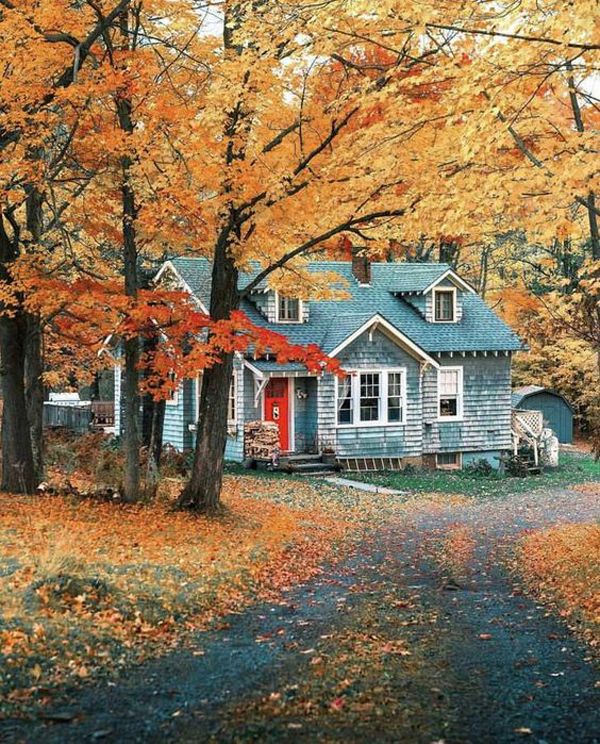In the dynamic realm of real estate, a notable and transformative shift is underway – the surge in trends toward eco-friendly living spaces. This evolution is emblematic of a broader societal commitment to sustainable practices and environmental consciousness. One prominent trend is the increasing prevalence of green building certifications, such as LEED, reflecting a growing demand for homes that prioritize energy efficiency, water conservation, and environmentally conscious design. Buyers are now considering these certifications not just as symbolic gestures but as tangible investments that promise long-term benefits, including reduced utility costs and a decreased ecological footprint.
A pivotal aspect of the eco-friendly real estate landscape is the integration of renewable energy solutions. Solar panels, once considered a niche addition, have become a staple in sustainable home design. Homeowners are drawn not only to the financial savings associated with solar energy but also to the prospect of contributing to a cleaner, more sustainable energy grid. Architects and builders are incorporating energy-efficient design principles into new constructions, such as passive solar heating and cooling, thereby enhancing a property’s market value while simultaneously reducing its environmental impact.
Sustainable landscaping practices have also emerged as a key trend within eco-friendly real estate. From the use of drought-tolerant plants to the implementation of rainwater harvesting systems, homeowners are seeking ways to maintain aesthetically pleasing outdoor spaces while minimizing water consumption. Communities, too, are embracing green infrastructure initiatives, integrating natural elements into urban planning to mitigate the heat island effect and foster biodiversity.
Moreover, the concept of adaptive reuse has gained significant traction in eco-friendly real estate. Developers are repurposing existing structures, transforming warehouses and factories into sustainable residential spaces. This approach not only breathes new life into aging structures but also aligns with the principles of sustainable development by minimizing the need for new construction and conserving valuable resources.
The trends in eco-friendly real estate represent a seismic shift in the industry toward a more sustainable future. The convergence of green building certifications, renewable energy solutions, sustainable landscaping practices, and adaptive reuse projects highlights a collective commitment to fostering environmentally responsible living. As these trends gain momentum, it is evident that eco-friendly real estate is not just a passing fad but a fundamental and lasting transformation shaping the trajectory of the housing market.






